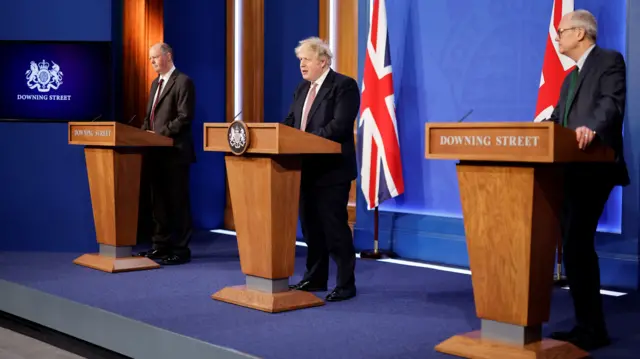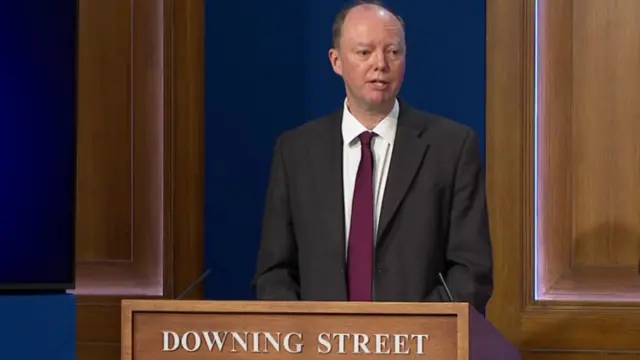Rolling coverage over for today - thanks for readingpublished at 20:19 GMT 21 February 2022
That brings to an end our rolling coverage of today's Covid news.
You can read our main story on the end of legal restrictions in England on Thursday - and the end of free mass testing in April - here.
Today’s live page was written by Becky Morton, Joshua Nevett, Doug Faulkner, Justin Parkinson and Lauren Turner. It was edited by Claire Heald, Owen Amos and Kevin Ponniah.
Many thanks for reading.



